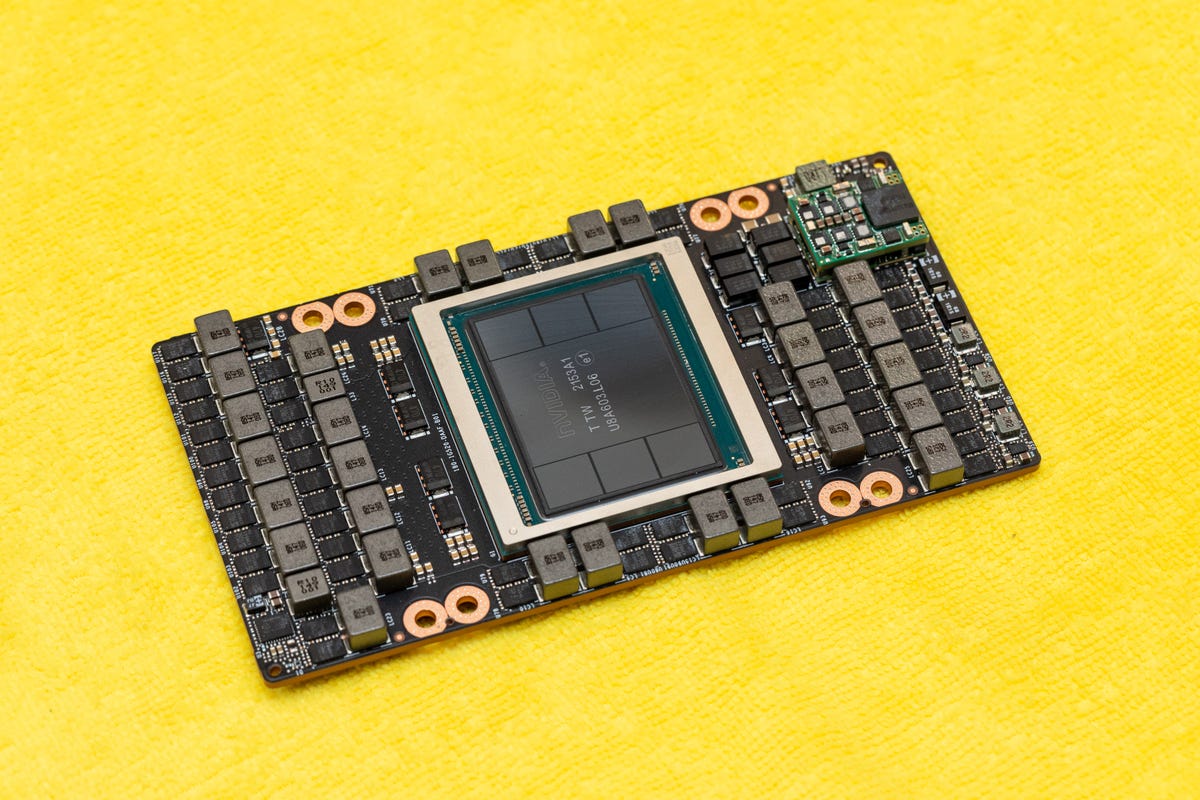AI Chip Smuggling: Two Arrested, Nvidia Resists "Kill Switch" Calls

AI Chip Smuggling: Two Arrested, Nvidia Resists "Kill Switch" Calls
In a concerning development for the AI industry and US export controls, two Chinese nationals have been arrested for allegedly smuggling millions of dollars worth of advanced AI chips, including Nvidia's powerful H100s, to China. This incident raises serious questions about the enforcement of export restrictions and the potential for these chips to be used for unintended purposes. Adding another layer to the story, Nvidia has reportedly resisted calls to implement "kill switches" in their chips.

See Nvidia's H100 Hopper Chip Up Close - CNET
The Allegations and Arrests
According to the US Department of Justice (DOJ), the two individuals are accused of illegally shipping "tens of millions of dollars" worth of high-performance AI chips to China. These chips, including Nvidia's H100s, are subject to strict export controls due to their potential use in military applications and other sensitive areas. The charges highlight the ongoing efforts to circumvent these controls and the challenges in preventing the flow of advanced technology to restricted countries.
- The individuals face significant penalties if convicted.
- The investigation is ongoing, and further arrests may be possible.
Nvidia's Stance on "Kill Switches"
Amidst the smuggling controversy, Nvidia has reportedly declined to implement "kill switches" in its AI chips. A kill switch would allow the company to remotely disable the chips if they are used in violation of export controls or for other unauthorized purposes. While proponents argue that kill switches could be a valuable tool for preventing misuse, Nvidia has expressed concerns about the potential for abuse and the impact on legitimate customers. The company may also be worried about the precedent it would set and the potential for other countries to demand similar controls.
Nvidia's decision raises complex ethical and practical questions. On one hand, the company has a responsibility to ensure that its technology is not used to harm national security or human rights. On the other hand, it must also protect the interests of its customers and avoid creating tools that could be used for malicious purposes.
Implications and Future Outlook
This incident underscores the growing importance of AI chips and the strategic competition surrounding their development and distribution. As AI technology becomes increasingly critical to various industries and military applications, the demand for these chips is expected to continue to rise. This will likely lead to further attempts to circumvent export controls and increased scrutiny of the supply chain.
- Governments will likely strengthen export controls and enforcement efforts.
- Companies will need to enhance their due diligence and compliance programs.
- The debate over "kill switches" and other control mechanisms will continue.
Key Takeaways
The arrest of two Chinese nationals for smuggling AI chips to China and Nvidia's refusal to implement kill switches highlight the challenges of controlling the flow of advanced technology in a globalized world. The incident underscores the need for stronger export controls, enhanced due diligence, and ongoing dialogue about the ethical implications of AI technology.





